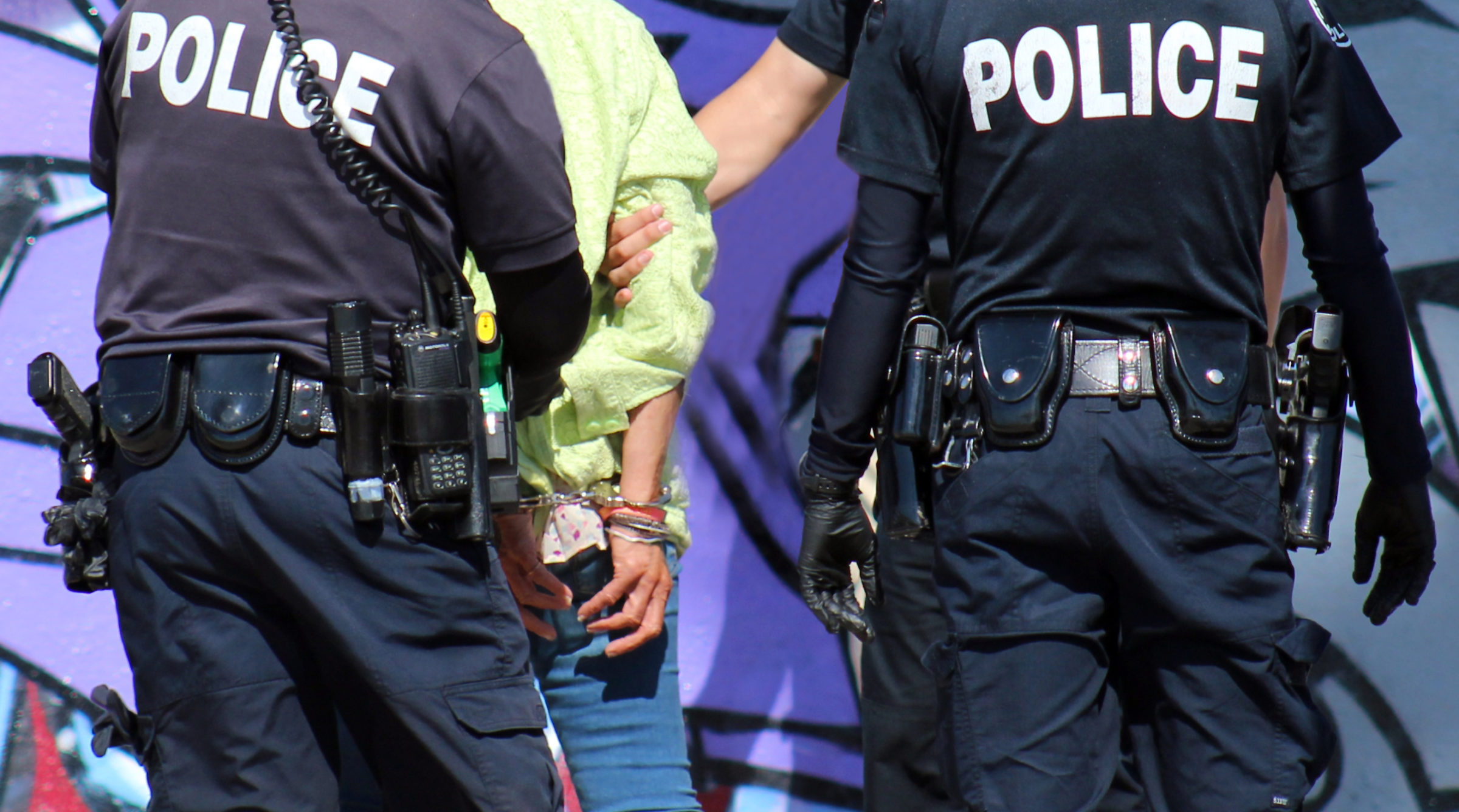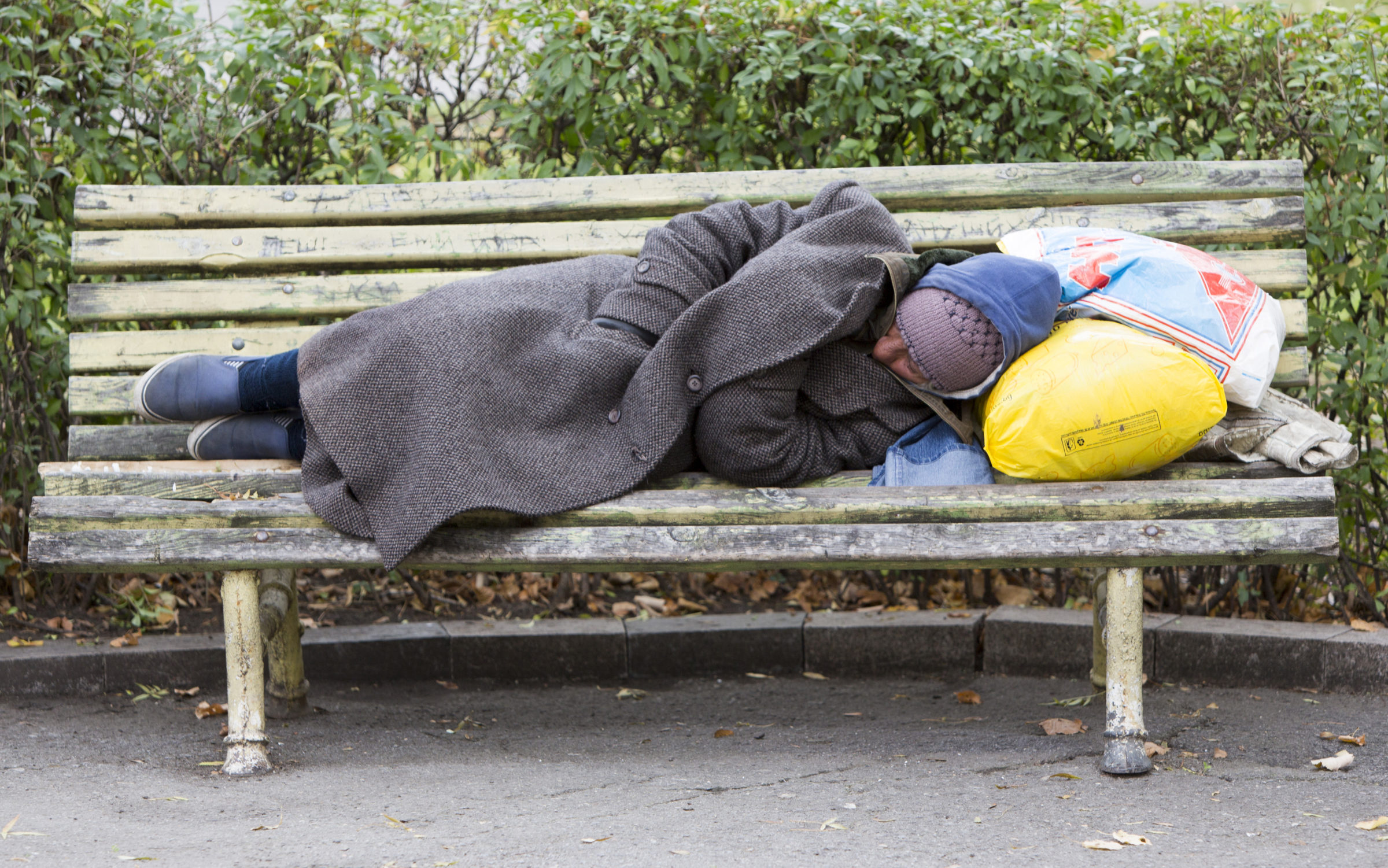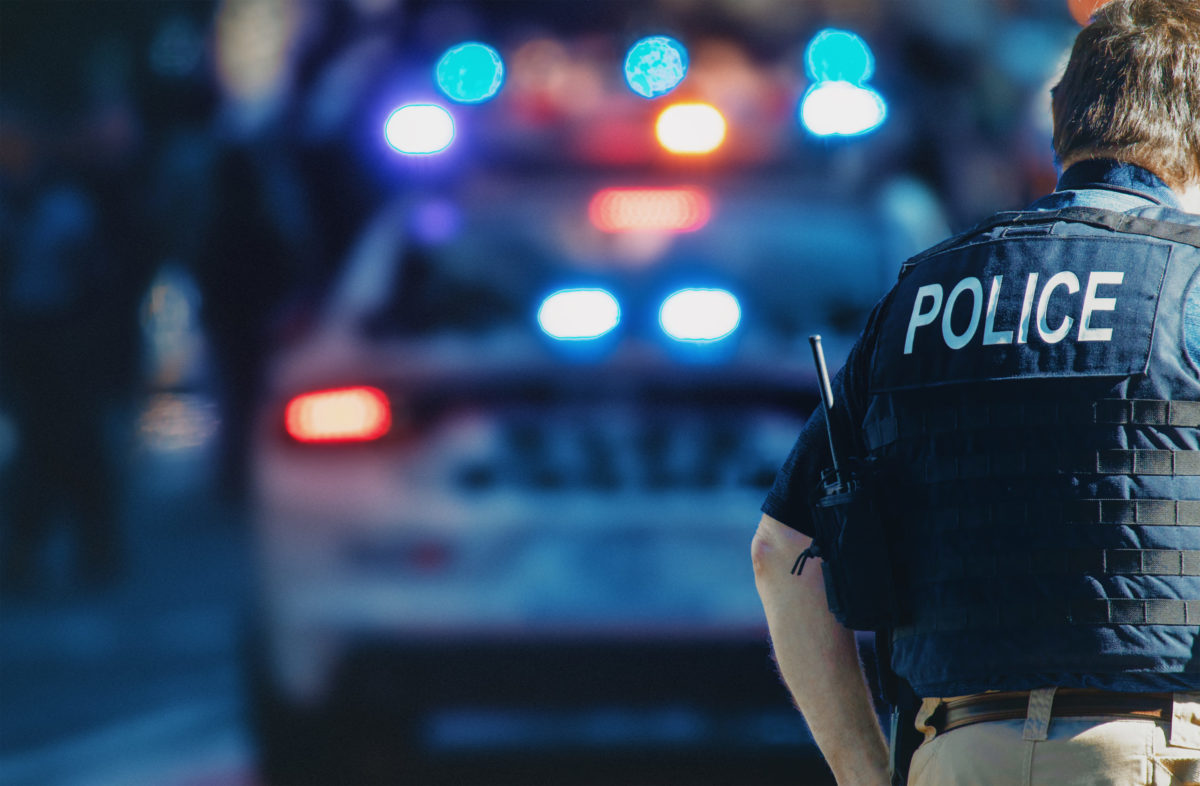


New Washington State Laws Fail Mentally Ill

Abolish the Police?
The latest call to action from some criminal-justice activists: “Abolish the police.” From the streets of Chicago to the city council of Seattle, and in the pages of academic journals ranging from the Cardozo Law Review to the Harvard Law Review and of mainstream publications from the Boston Review to Rolling Stone, advocates and activists are building a case not just to reform policing — viewed as an oppressive, violent, and racist institution — but to do away with it altogether. When I first heard this slogan, I assumed that it was a figure of speech, used to legitimize more expansive criminal-justice reform. But after reading the academic and activist literature, I realized that “abolish the police” is a concrete policy goal. The abolitionists want to dismantle municipal police departments and see “police officers disappearing from the streets.”
One might dismiss such proclamations as part of a fringe movement, but advocates of these radical views are gaining political momentum in numerous cities. In Seattle, socialist city council candidate Shaun Scott, who ran on a “police abolition” platform, came within 1,386 votes of winning elected office. During his campaign, he argued that the city must “[disinvest] from the police state” and “build towards a world where nobody is criminalized for being poor.” At a debate hosted by the Seattle Police Officers Guild, Scott blasted “so-called officers” for their “deep and entrenched institutional ties to racism” that produced an “apparatus of overaggressive and racist policing that has emerged to steer many black and brown bodies back into, in essence, a form of slavery.” Another Seattle police abolitionist, Kirsten Harris-Talley, served briefly as an appointed city councilwoman. Both Scott and Harris-Talley enjoy broad support from the city’s progressive establishment.
Read More ›